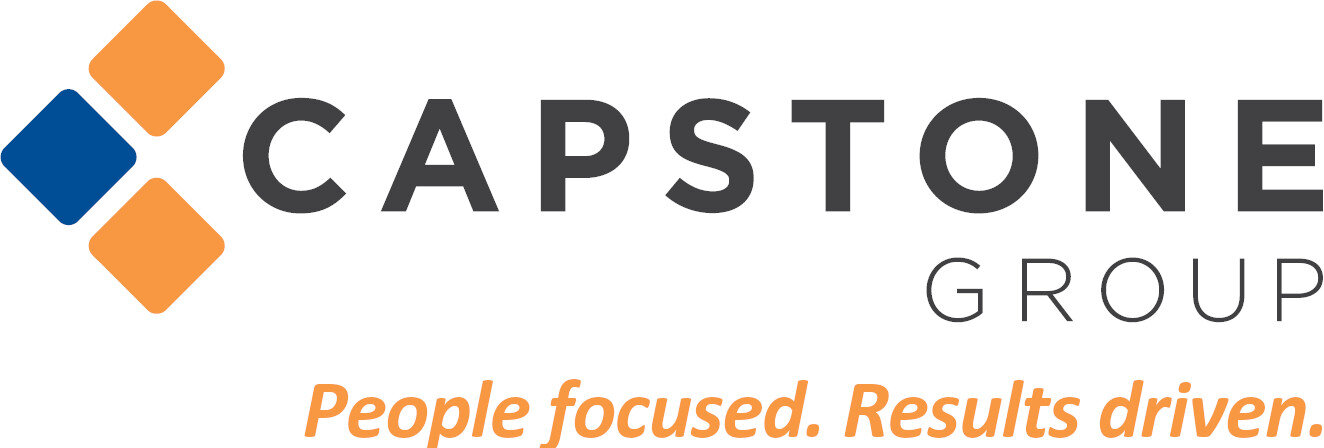Written by: Dan McGill and Joseph T. Fox
Many organizations have concluded that adding mental health benefits to their Employee Benefits Package far outweighs the cost.
The U.S. Surgeon General recently issued a public health advisory on children’s mental health and how COVID-19 pandemic-hardships have played a role in the emerging crisis. The advisory emphasized the increased rate of depression and anxiety diagnosed in children. In addition, experts say the changes the pandemic has brought upon families, like schools alternating between virtual and in-person learning, extracurricular activities being canceled, and an overall decrease in interaction have impacted children's behavior and mental health.
Changes in routine for families due to the pandemic can also affect parents' mental health, while they try to juggle work, keep their home life stable, and protect their children’s health. This mental health crisis isn’t exclusive to children and parents either, as many Americans living alone reported feelings of loneliness, depression, anxiety and stress. Millions of Americans are struggling with mental health related issues, yet seeking treatment, and even more importantly coverage for that treatment, has become a daunting task.
Americans are facing a severe shortage of available mental health professionals, with some in-network providers leaving networks as the reimbursement rates have remained consistently low from insurance carriers. The demand and lack of adequate compensation for mental health providers, including psychiatrists, psychologists, licensed clinical social workers, counselors, and marriage and family therapists, has led to a workforce crisis along with increased out-of-pocket service fees. As a result, most consumers are forced to pay out of pocket for standard therapy ranging from $100 to $250 per hour. This is a significant financial hardship for most people seeking care and treatment. The U.S. Substance Abuse and Mental Health Services Administration found that 50 percent of those who have mental illness cited mental health care expenses as the reason they didn't obtain treatment, making it the #1 reason identified.
At Capstone Group, we are committed to tailoring solutions for clients to make mental health services more easily and readily accessible, even if those solutions hadn’t previously been established in the marketplace. For example, we have recently helped some of our most forward-thinking and innovative client partners incorporate a unique and novel product into their overall Employee Benefits program in a direct effort to address many of the issues outlined above; A Mental Health HRA.
This HRA sets aside funds for the employee or members of their family to find care without worrying about whether that specific provider is “in-network” relative to their medical insurance plan. By implementing an employer-sponsored mental health HRA, employees and their families can utilize funds set aside by the company to cover the cost of services like psychiatrist visits, Mental Health counseling, addiction counseling, Psychoanalysis with a letter of medical necessity, and other qualified Mental Health Therapy. In addition, these HRA funds can go towards services such as genetic testing through third-party vendors like Genomind PGX Express Test prescribed by a psychiatrist. These tests identify the types of medication that will work best for an individual and cut down on the trial-and-error period that most patients go through before discovering what truly works best for them.
Capstone Group, as an organization, has made Employee Wellness and Mental Health a top priority. This is reflected in our daily meetings internally and with our client partners. If you would like more information on building a strategy and implementing solutions to help your workforce navigate the mental health landscape, Capstone Group would welcome the opportunity to start a conversation.
Contact:



